World
Sinovac to trial Covid-19 vaccine in South African children as part of global study
The trial has been approved by South African drugs regulator SAHPRA, and the first child will be vaccinated at the MeCRU Clinical Research Unit based at the Sefako Makgatho Health Sciences University on Friday.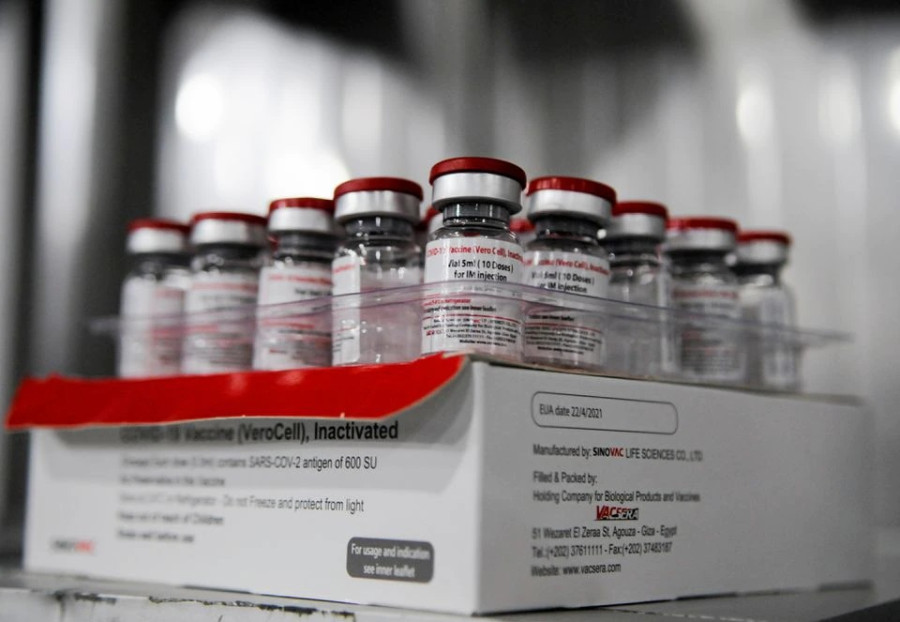
Reuters
China's Sinovac Biotech will trial its Covid-19 vaccine in children and adolescents in South Africa as part of a global Phase III study, Sinovac and local partner Numolux Group said on Thursday.
The study will evaluate the efficacy, immunogenicity and safety of the CoronaVac vaccine on children and adolescents aged 6 months to 17 years, the firms said in a statement.
The global trial will enrol 14,000 participants across Chile, the Philippines, Malaysia and Kenya, including 2,000 in South Africa, they said.
The trial has been approved by South African drugs regulator SAHPRA, and the first child will be vaccinated at the MeCRU Clinical Research Unit based at the Sefako Makgatho Health Sciences University on Friday.
"The primary objective of the study is to evaluate the efficacy of two doses of CoronaVac against confirmed symptomatic Covid-19 cases in children and adolescents ... efficacy will also be evaluated against hospitalisation and severe Covid-19," Sinovac and Numolux said.
The South African government has said it is considering using the CoronaVac vaccine in its immunisation programme alongside shots developed by Pfizer and Johnson & Johnson which have been administered so far.
SAHPRA gave conditional authorisation for use of Sinovac's vaccine in July.
But last month a senior health official told Reuters the government was looking for more information from the Chinese company on how its vaccine performs against the Delta coronavirus variant as well as in populations with HIV.
South Africa's vaccination campaign started slowly due to onerous negotiations with pharmaceutical companies and the emergence of the Beta coronavirus variant which scuppered plans to use AstraZeneca's shot from February.
So far, more than 10.3 million of its roughly 60 million people have received at least one dose of vaccine, equivalent to around 17% of the population.




 11.84°C Kathmandu
11.84°C Kathmandu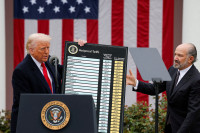

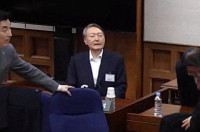
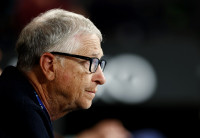

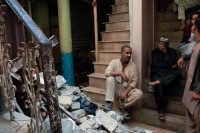
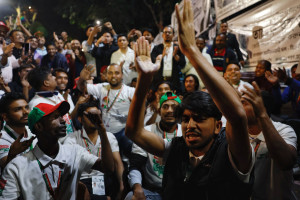
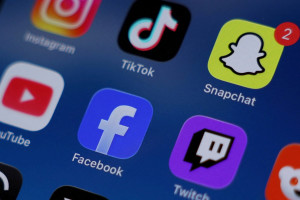

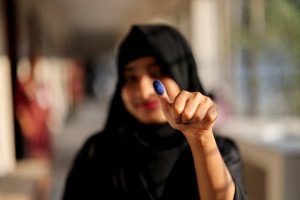
.JPG&w=300&height=200)




